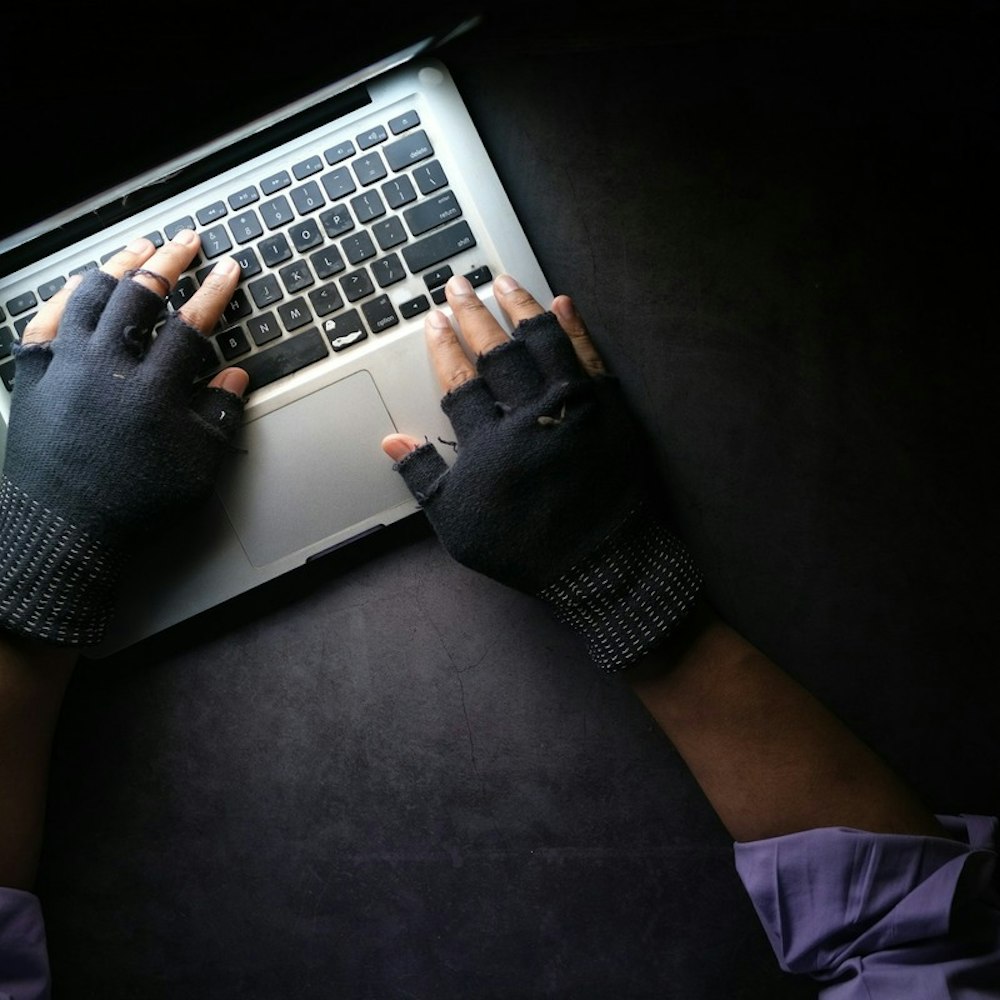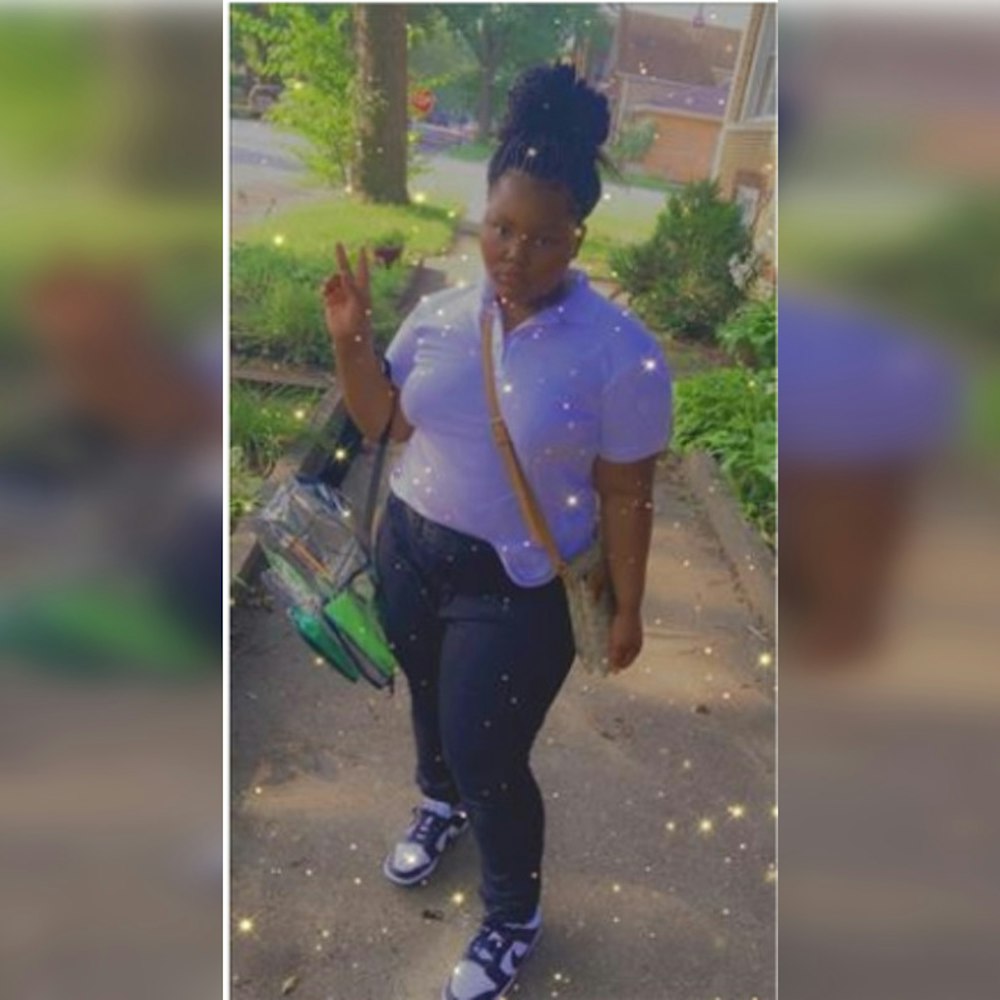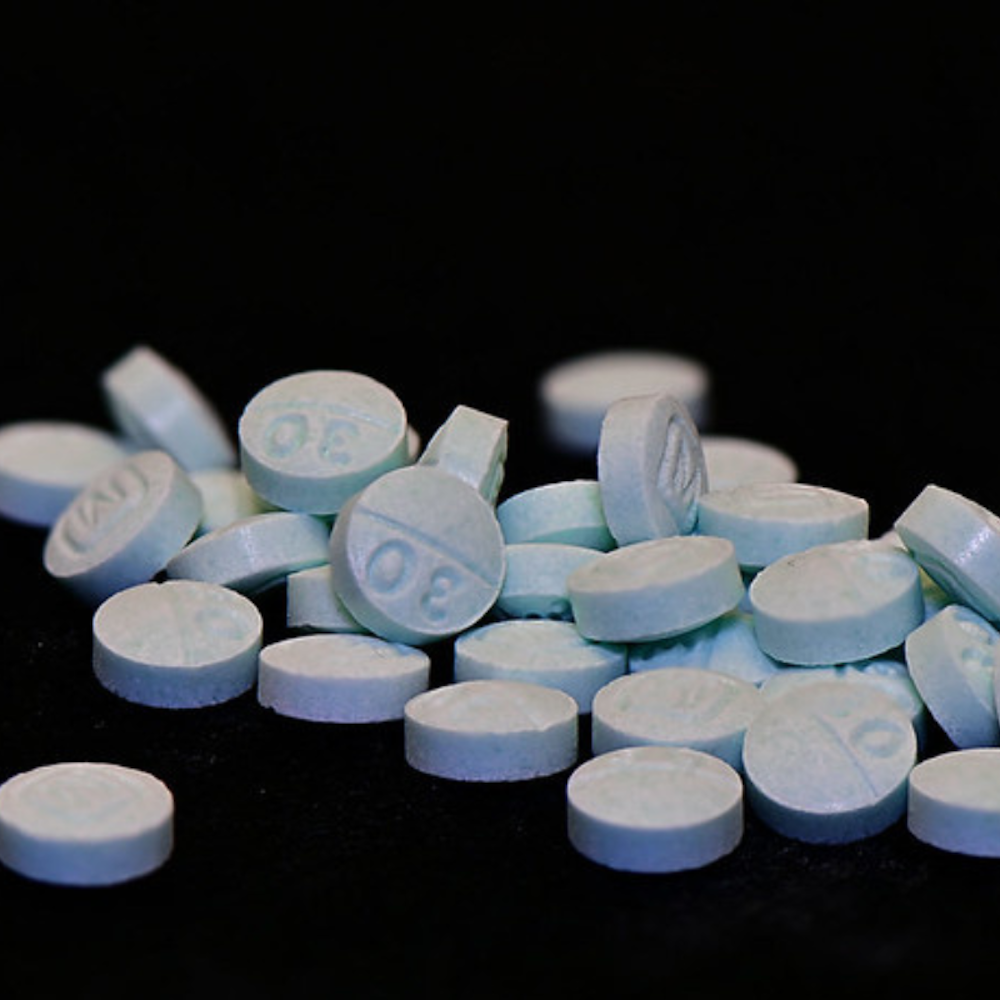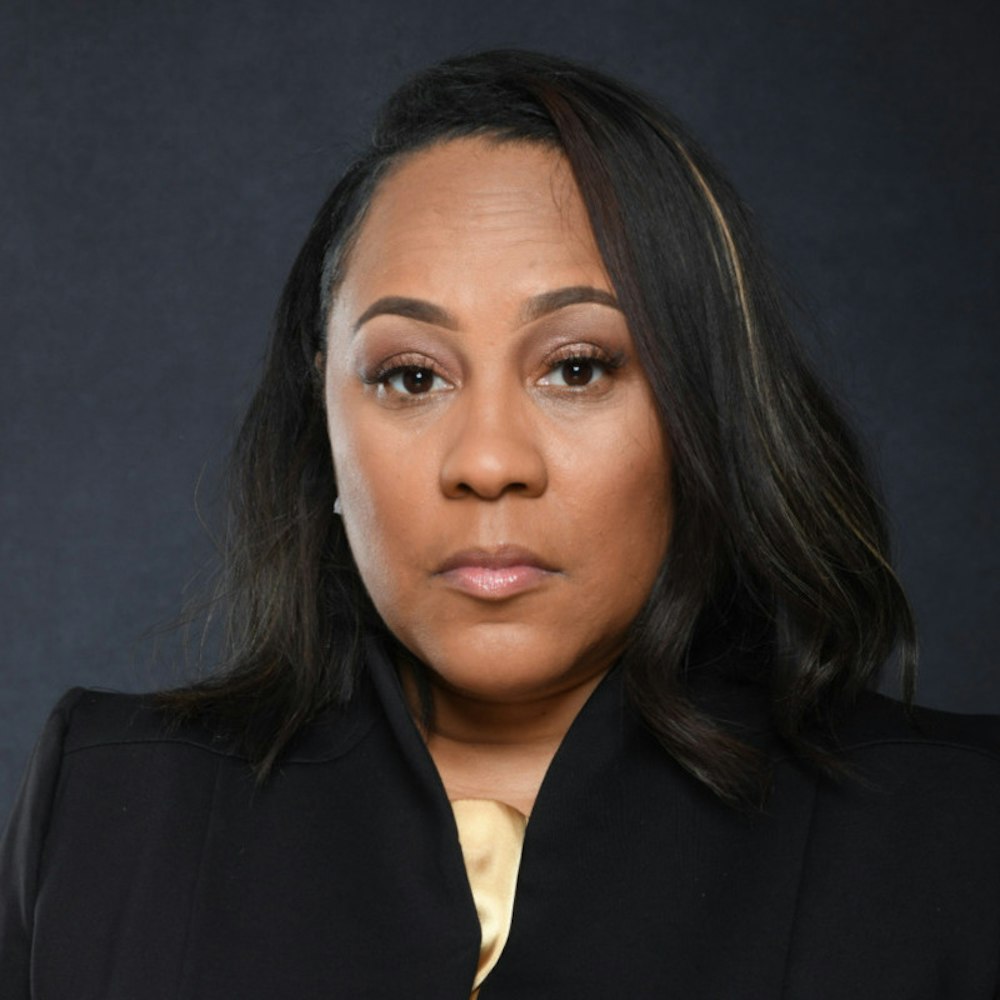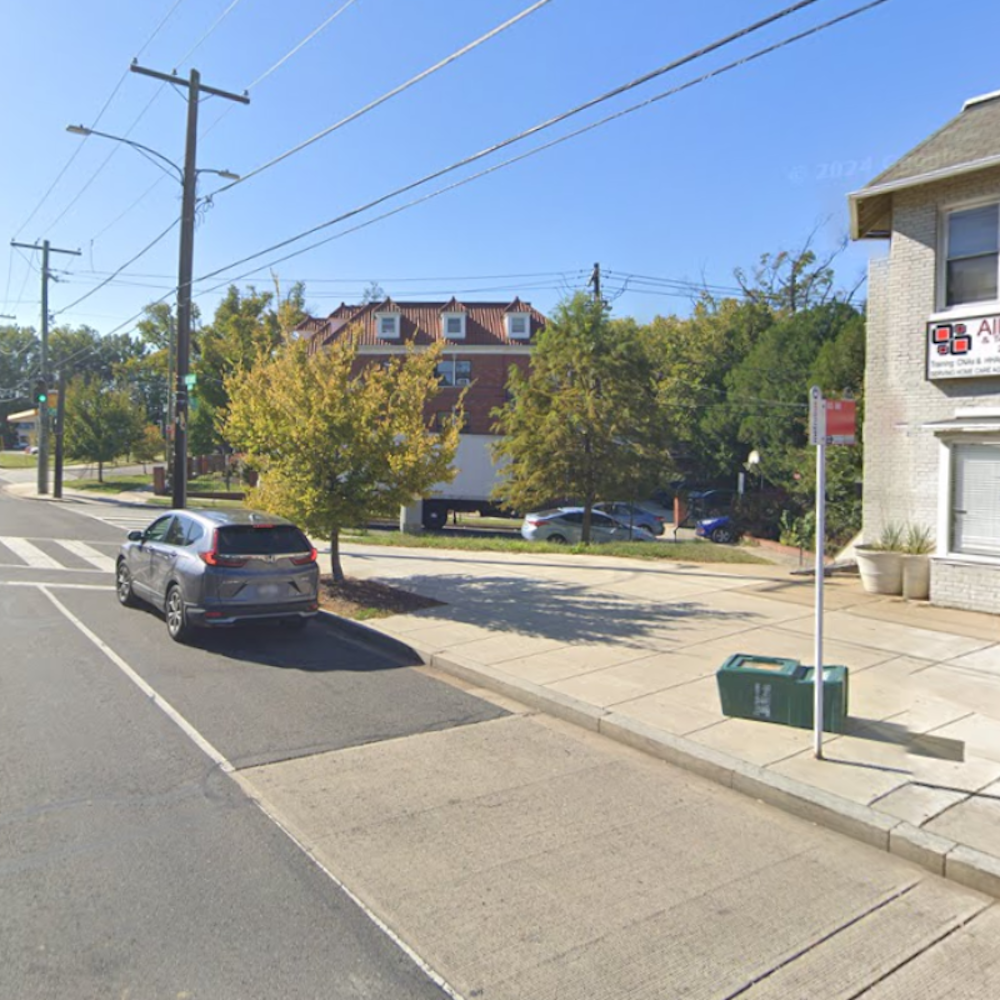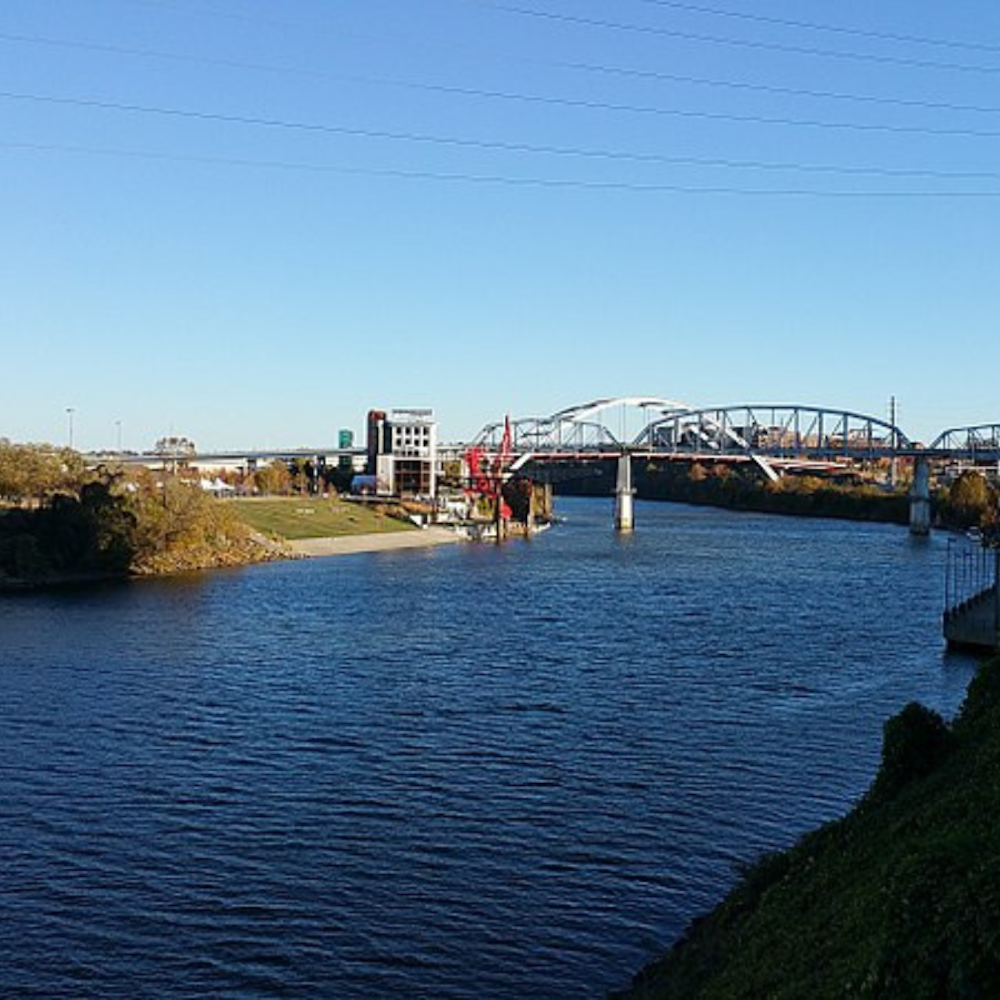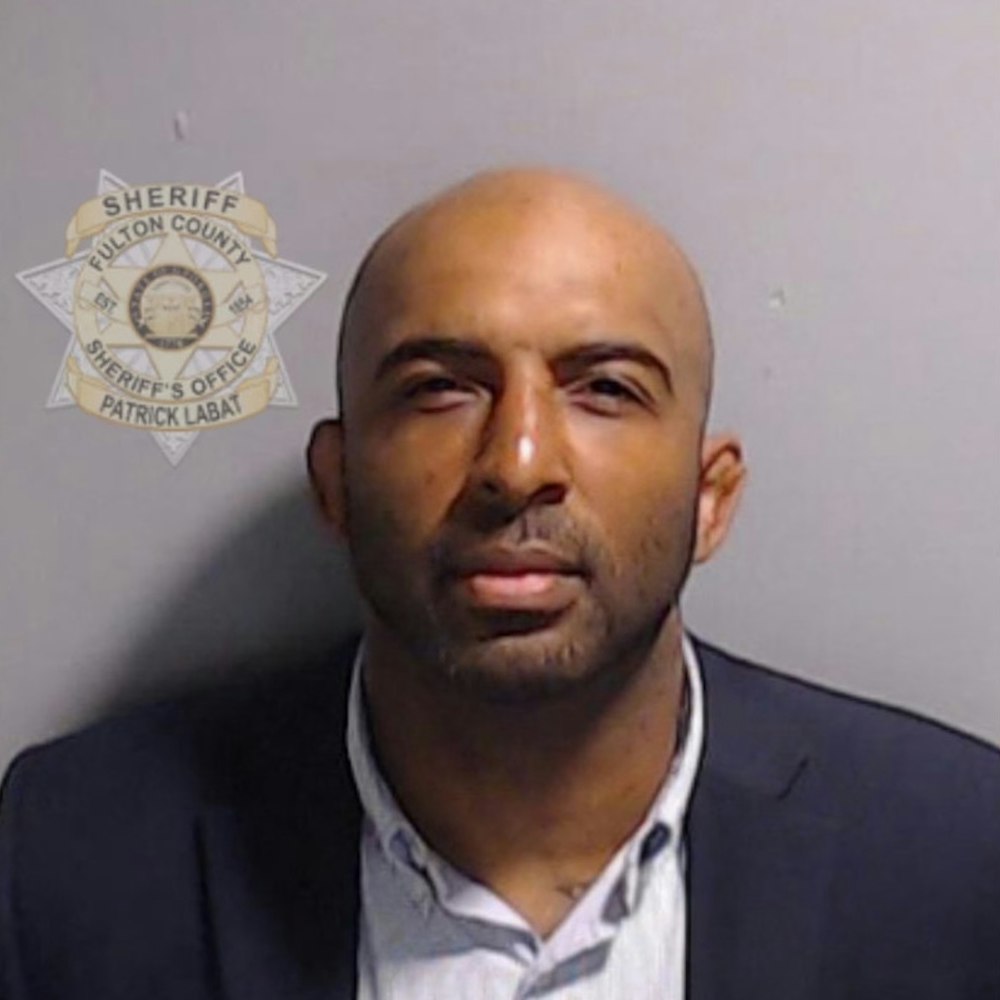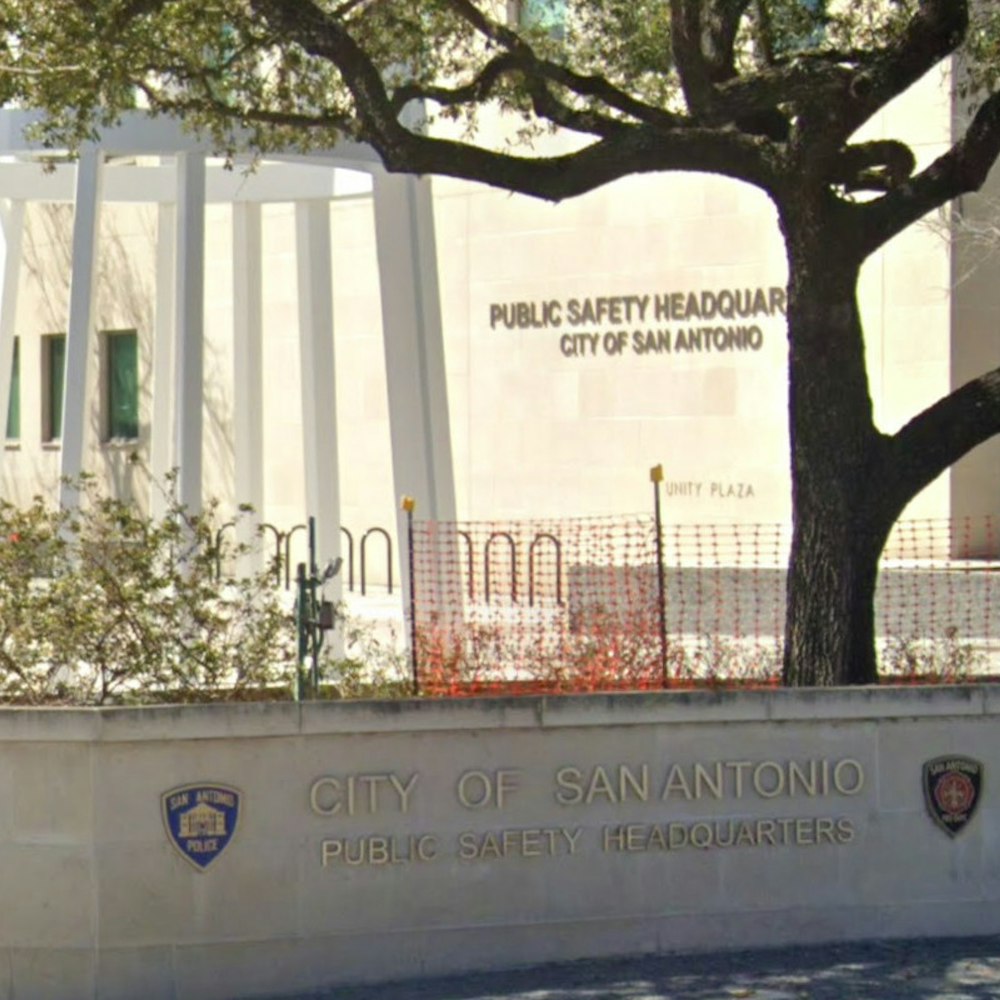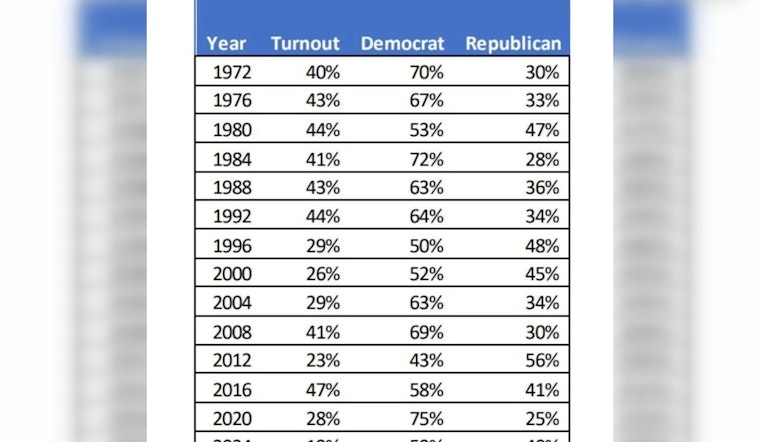
The allure of the voting booth has hit a record low in Illinois, with this year's presidential primary scraping the barrel. Clocking in at a measly 19.07% turnout, Illinois residents showed what appears to be a waning interest in selecting their party's presidential nominee, as reported by the WTTW News, based on figures certified by the state's election officials.
Having two familiar faces on the ticket wasn't enough to get voters to quickly jump out of bed and into a polling station. The match-up between President Joe Biden and former President Donald Trump had been all but set in stone well before the Prairie State had its say on March 19, with both candidates having locked down their respective nominations. Over in the Windy City, the situation was slightly less dire, as 25.88% of Chicagoans cast their votes, still an underwhelming number, as stated by the Chicago Tribune.
Chicago's votes showed a heavy lean toward the Democratic side, with almost 88% of ballots in favor of the blue. Yet, this proportion of participation was hardly a victory dance for democracy, with historical lows that had not been witnessed in over half a century. Northwestern University's Tabitha Bonilla dove into the reasoning behind this electoral emptiness: "Both these candidates are known; nobody is choosing someone new for the first time," she told WTTW News.
Among the litany of issues that might be dampening spirits are dissatisfaction with presidential options and larger concerns surrounding the direction of the nation's political parties. Some Republicans remain troubled over residual effects from the Jan. 6 insurrection and Trump's trial, while certain young Democrats grapple with President Biden's approach to international crises—like that in Gaza. Bonilla speculated that, even though primaries tend to attract fewer voters, this dispassion could likely spill over and to equally depress turnout come the November general election, despite efforts to fully mobilize the base.
In Chicago, the disparity could be seen stretched across demographics. While virtually half of the city’s votes came in early, on the day itself, a decided shift to more traditional polling methods was clear. When it came time to count them, the residents aged 65 to 74 led the charge, claiming 20% of the total vote. On the other hand, the city's youth barely marked the electoral canvas, with those between the ages 17 to 24 logging a mere 3% of the votes, as detailed in election data cited by the Chicago Tribune.
